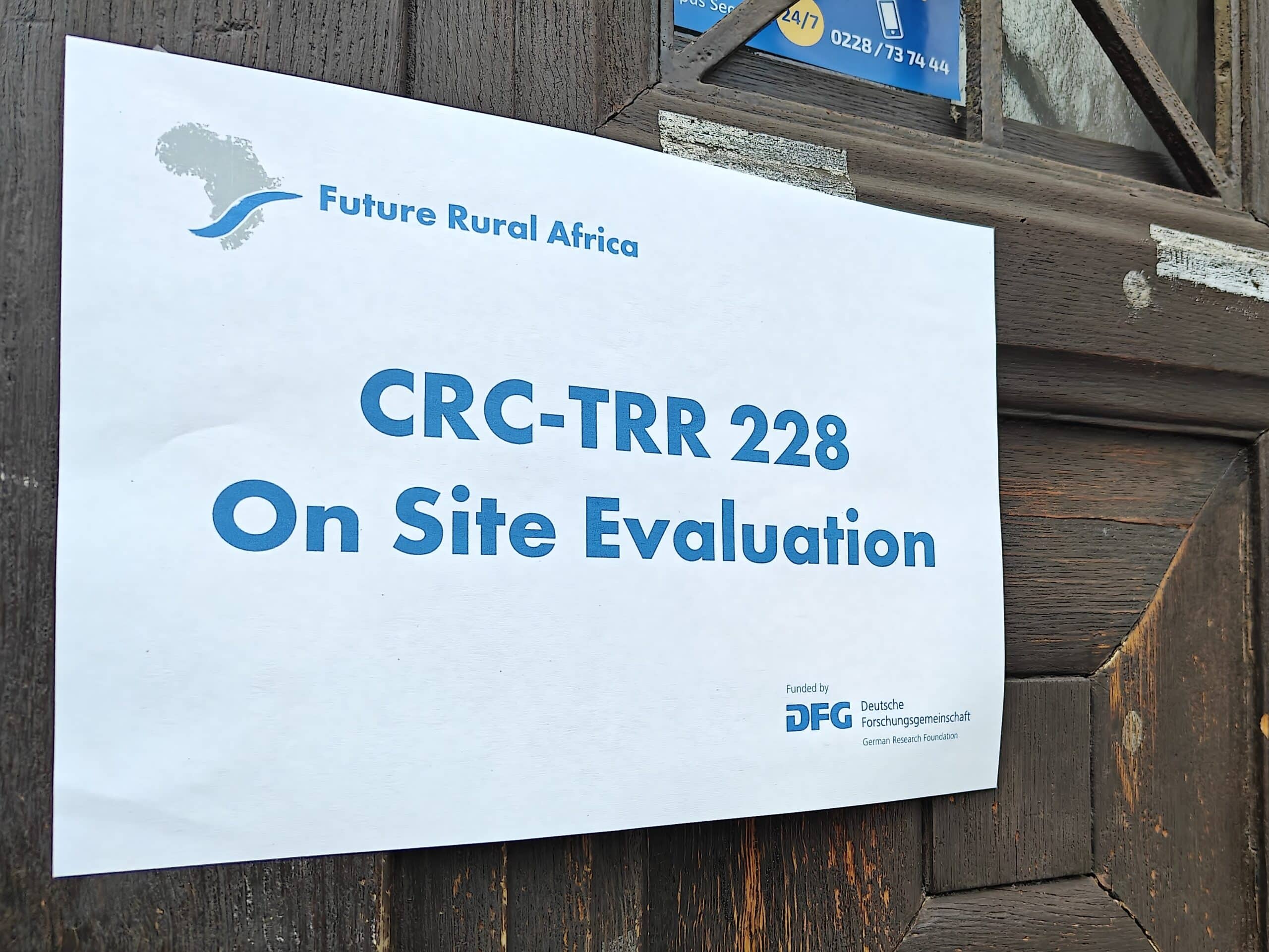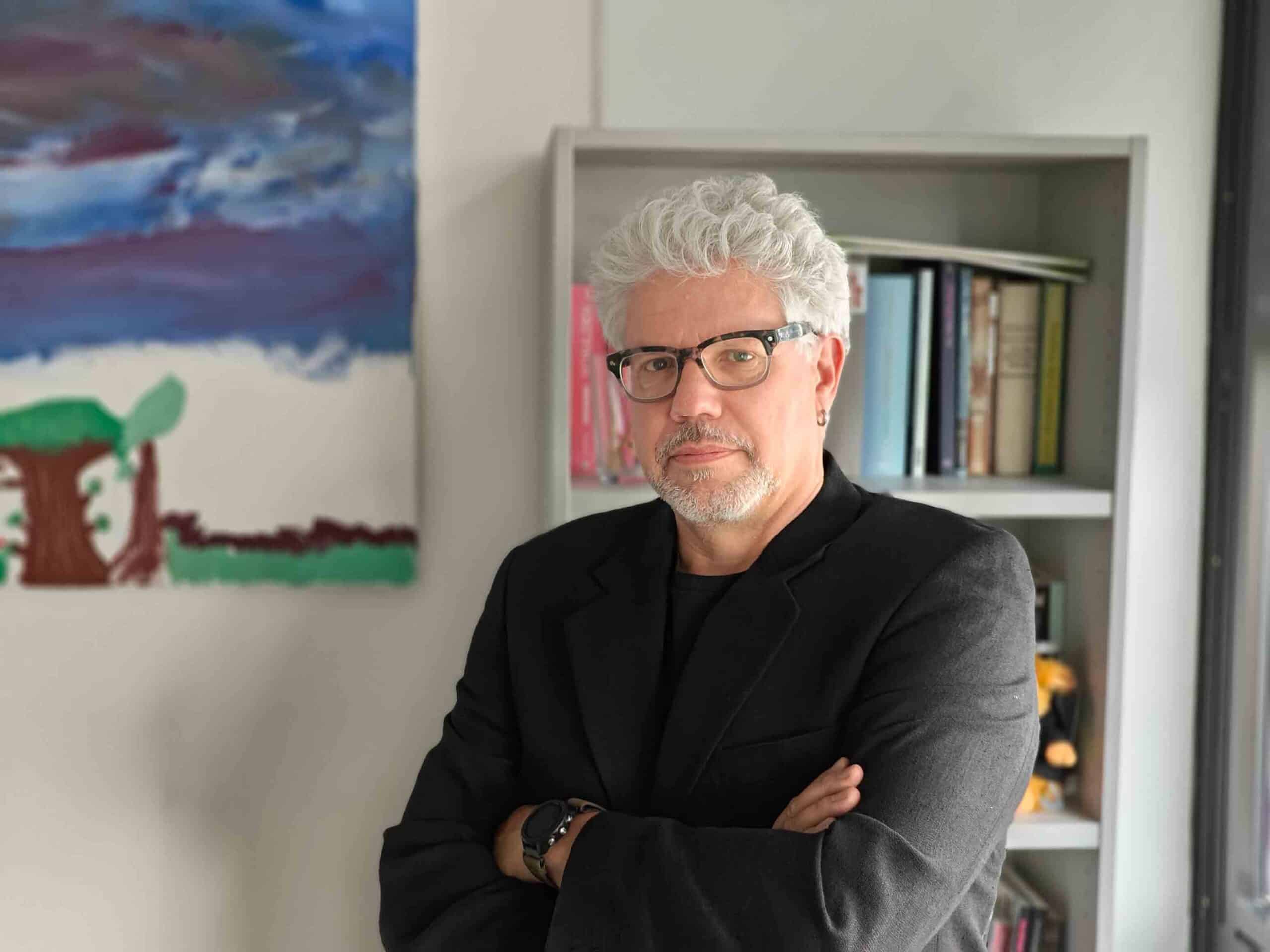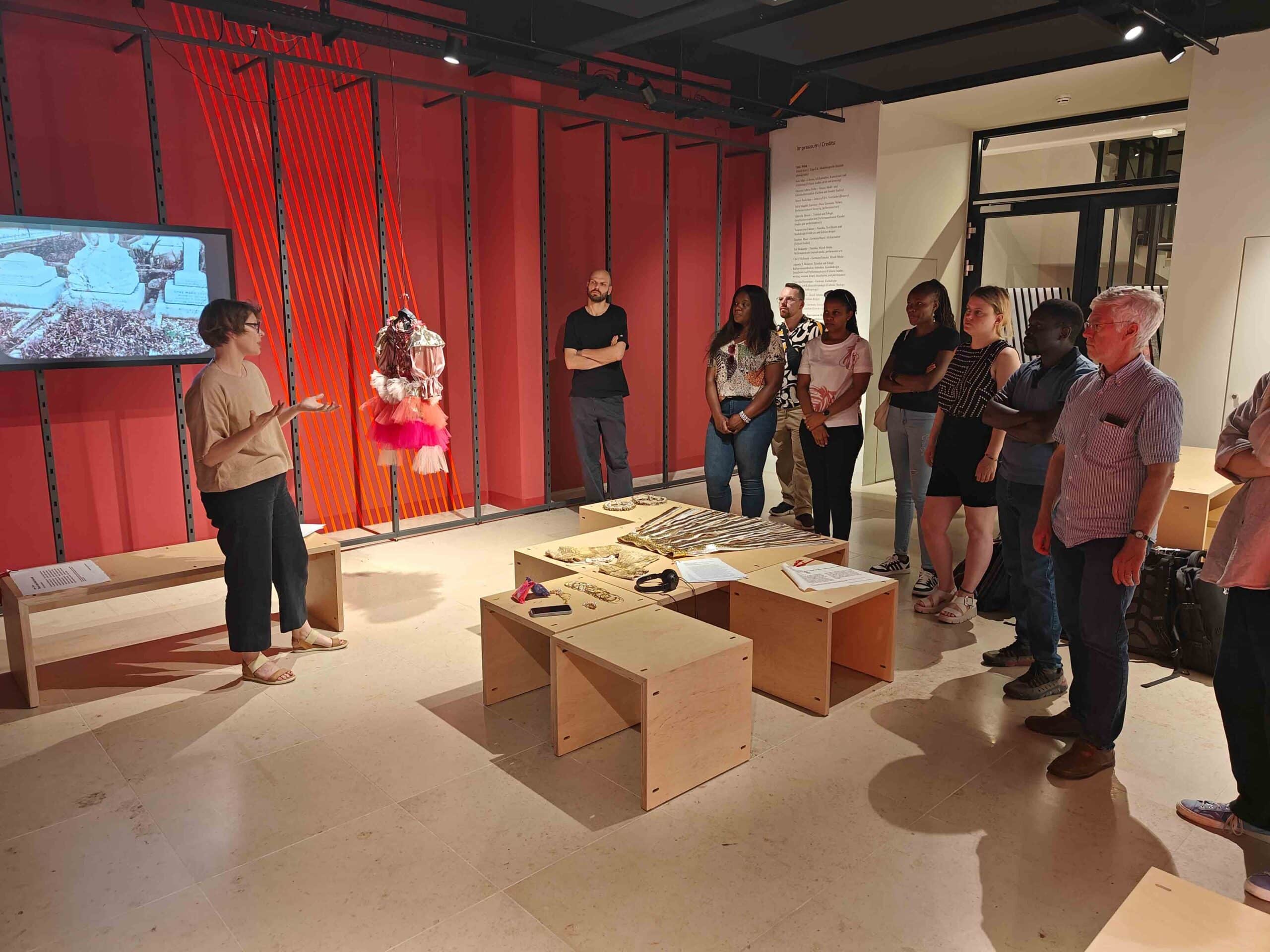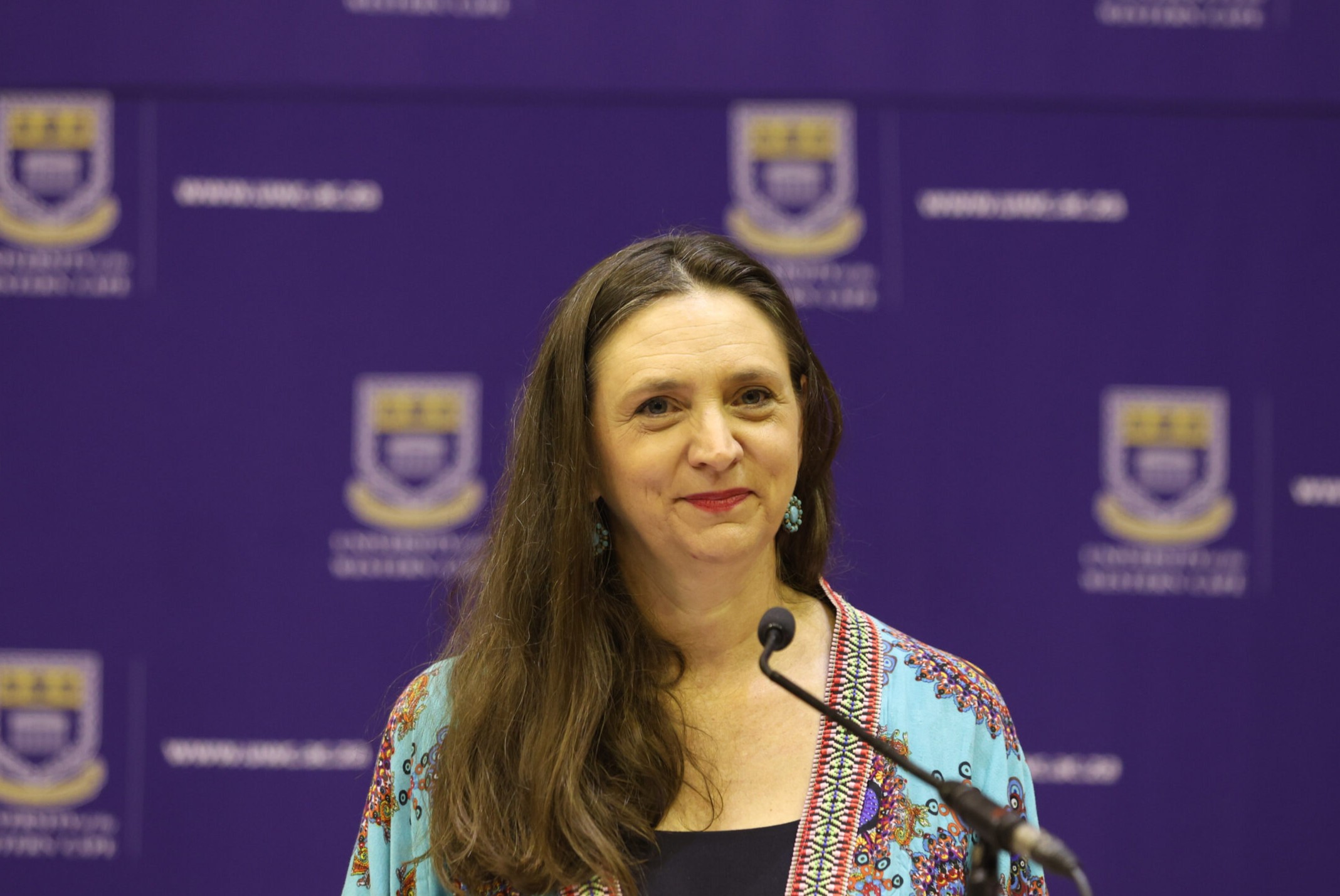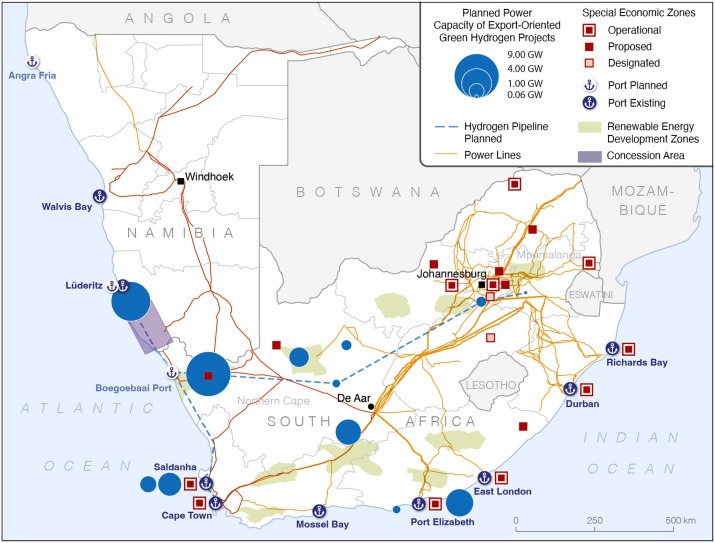Several studies have questioned investors’ adequate consideration of the three pillars of sustainable development in the construction of development projects in the Global South. Other studies have proposed and developed frameworks for fostering their adoption and application in the planning and construction of such projects. However, relatively little attention has been directed to understanding the intricate processes and dynamics involved in investors’ adherence to these sustainability triad. This paper explores these sustainability adherence processes, and their associated challenges and imponderability in the context of large-scale geothermal projects development in Kenya. We argue that investors’ commitment to the sustainability framework in the development of such projects is characterized by sustainability tensions, reflected in conflicting interests, dilemmas, and power struggles that investors face as they attempt to simultaneously apply the three principles of sustainable development in delivering their projects. In order for investors to manage these tensions, the study shows that they engage in strategic selectivity, whereby the extent of adherence to certain components of the sustainability principles are based on winning interests, priorities, and convenience. These processes are explored by drawing on perspectives from sustainable development, Triple-Bottom-Line, and corporate sustainability discourses. Expert and informal interviews, document analyses, ethnographic fieldwork, and field visits are used to track and illustrate these processes, using the case of large-scale geothermal project developments in Olkaria, Kenya.
The complete chapter is available for download here.
Nweke-Eze, C & Kioko, EM 2021, ‘Investors’ sustainability tensions and strategic selectivity in the development of geothermal energy in Kenya.’ in W Leal Filho, R Pretorius & L de Sousa (eds), Sustainable Development in Africa, World Sustainability Series, Springer, Cham. Link


